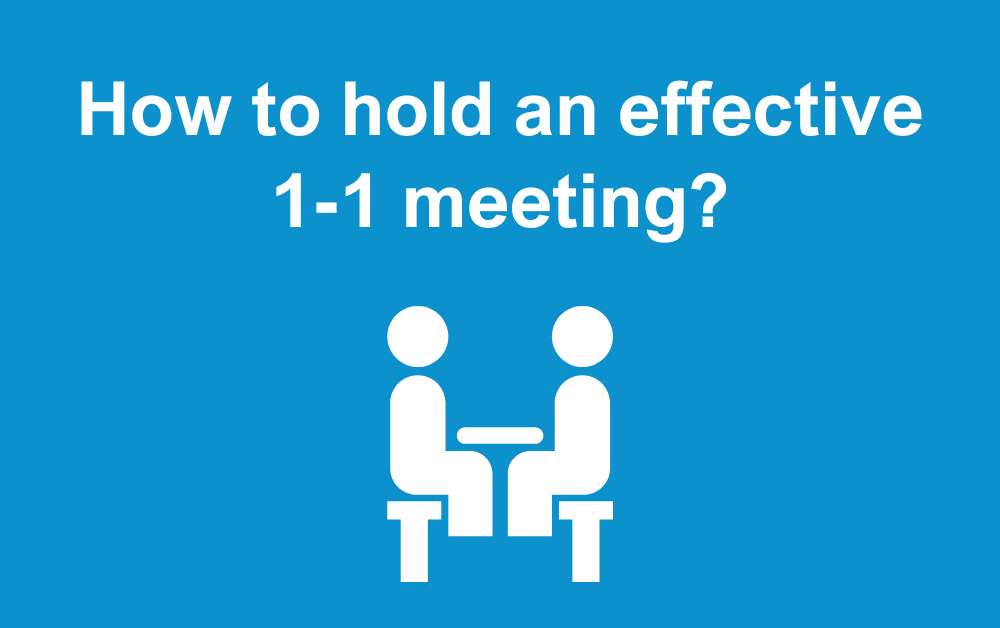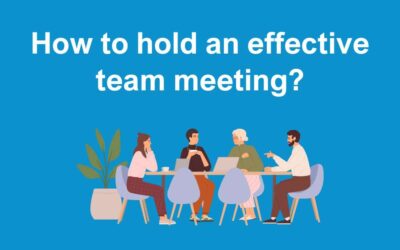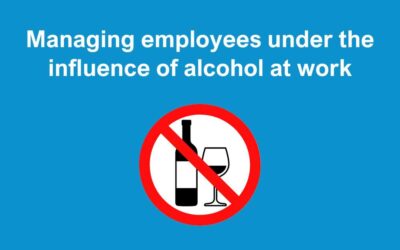We work with a number of businesses throughout the UK, and a common topic we help with is managing performance. Quite often, we see practice where managers have not engaged in 1-1 discussions to tackle performance or conduct, and as a consequence the behaviour doesn’t change.
There are a number of ways managers can ensure they are doing everything they can to keep their employees happy and productive and here at The HR Booth we believe that one of the ways to do this is by having effective 1-1s. This can be as simple as having a good discussion, giving some feedback on what you’re observing, and reassessing goals and objectives.
Here we share with you some key tips to achieve an effective 1-1.
Purpose
What is the purpose of a 1-1? It’s not always about giving feedback to correct something, you want to catch people doing the right things and give feedback to ensure they keep doing this.
Have specific things you want to discuss – performance, team fit, customer feedback, how the business is performing and how they fit into this. It’s an opportunity to get to know your people better and open up communication channels – think about whether an informal or more formal approach works, and how often you want to discuss things. Remember, you should be speaking to your team everyday and that’s an opportunity to have a 1-1 discussion.
Schedule the Meeting
If it’s a more formal and structured 1-1, it is good practice to give notice. This will allow your employee time to arrange their workload or other meeting around this time and will also allow them the chance to think of anything they wish to discuss during the 1-1.
Private Meeting Room or Area
You want your employee to be able to talk to you openly about their job while the 1-1 is being held so having this meeting in an office where other employees are present is not ideal.
Arrange the 1-1 to take place in an area that only the 2 of you will be present. If this is not suitable then arranging to have the 1-1 in a coffee shop is another way to allow the employee to feel they can talk freely.
Daily Observations
As a people manager, you should be observing performance daily and giving feedback, particularly where it’s customer facing. We work with a number of clients in retail and hospitality where this process works extremely well.
The observations will focus on key things they’re doing – positive and constructive, and by giving feedback daily, you can reinforce positive actions but correct areas they need to improve.
It’s important that you own the feedback – don’t pass the buck and say someone else saw them do something! Give feedback on what YOU see and hear.
Follow Up
Ensure you follow up. You may agree some actions at the 1-1 – follow these up and it’s also good practice to keep notes of what was discussed, to allow you to review at the next meeting.







